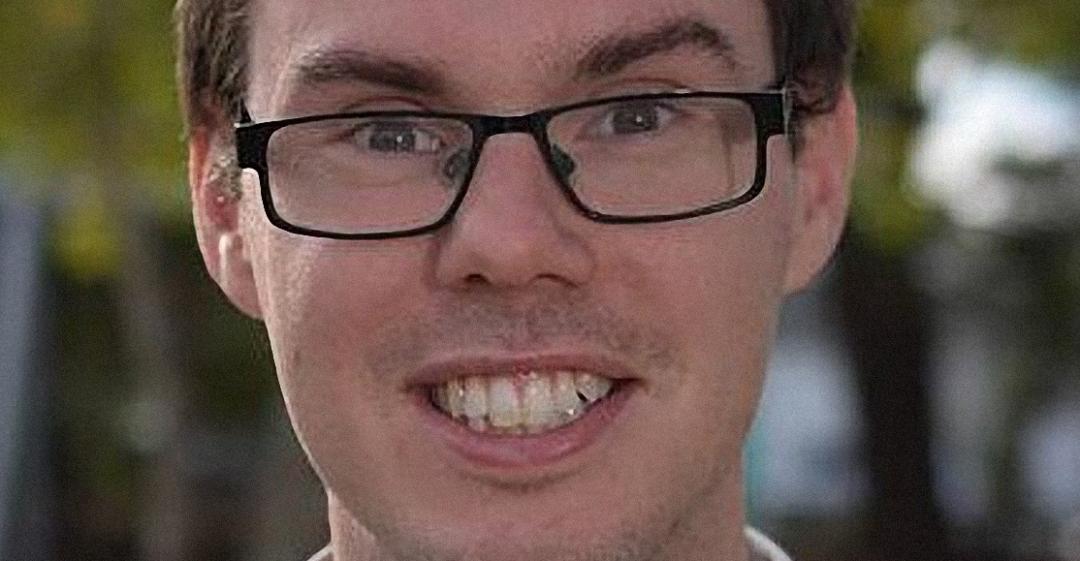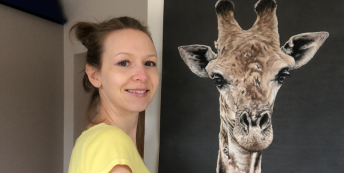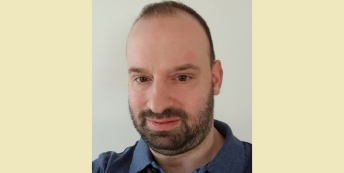“Every day I left the office feeling frustrated and numb.”

What work were you doing previously?
Accounting.
What are you doing now?
Nursing assistance.
How did you feel in your work before you decided to make the change?
Every day I left the office feeling frustrated and numb.
I felt disconnected from my work and felt I wasn't adding any value to, or helping, anyone.
After completing a set of accounts, I would ask myself, "So what? What's the point?" The work didn't mean anything to me.
Accounting as a profession is marketed as being in a business advisory position to the public – that's what interested me. Unfortunately, my experience was that only a small percentage of all accountants do business advisory work, and it's those with many years' experience.
Why did you change?
I simply wasn't prepared to sacrifice my values, health and well-being over several years to be able to eventually advise businesses, something that I wasn't even guaranteed to enjoy.
I found myself overwhelmed by the need to complain to my friends and family about my career; either I was going to have to leave accounting, or my loved ones were going to leave me – that made it a really easy decision.
When was the moment you decided to make the change?
I'd been bullied on and off for months, I knew my performance and interest in the company were slipping, and I would've needed to change to jobs to another organisation and upskill to be competitive in the job market.
I decided that if I needed to upskill to secure a new job, then why not study something that I found meaningful?
How did you choose your new career?
I researched careers where compassion was a vital personal characteristic.
The options that made the shortlist were psychology, social work, and nursing.
I learned that social workers are especially susceptible to burnout (and so am I); and psychologists require extensive training meaning the career shift could have been lengthy.
Eventually, I decided on nursing. I knew many nurses whom I could seek advice from, and there was an intermediary employment option that made the shift incremental – i.e. it was possible to be involved in healthcare whilst studying.
Are you happy with the change?
Absolutely.
All the stakeholders are a pleasure to work with: the clients / patients, families, the employer/management, and perhaps most importantly, other staff members.
What do you miss and what don't you miss?
I miss the insights and trends into taxation policies and the financial markets.
I miss the comprehensive software packages that make preparing documents effortless and efficient.
I don't miss the impersonal nature of the profession. I don't miss the requirement to document how I spend every six minutes of my time to reach targets, and I don't miss unproductive meetings that caused late evenings and delayed progress towards targets. The mechanical feel of daily life made me feel extremely rigid and routinely tense.
How did you go about making the shift?
By developing a plan.
I created a weekly, monthly and annual budget; a step-by-step process of the things I needed to do, including volunteering (in a capacity as close to nursing as I could arrange); decided what course I needed to enrol in; and worked out how long it would all take.
What didn't go well? What wrong turns did you take?
By the time I made the commitment, I had a clear plan of how to shift.
But I'd known for close to two years that I didn't want to spend my life as an accountant, and I'd made attempts to shift before.
I enrolled in a course to be a qualified trainer and assessor of workplace skills that was a little bit expensive. I could have done thorough research earlier, taken leave to hire a careers coach to assist with developing a plan. They can seem expensive, but I now see that expense as insurance against financial loss from making the wrong career move.
How did you handle your finances to make your shift possible?
I was very fortunate that I received support from the government because I'd been bullied in my previous job, which made the budgeting easier.
Luckily I had some accounting experience, so I bought capital items that would reduce my expenditure, such as a more efficient car. I was confident in my plan of how long it would take me to shift, so I was able to budget accordingly.
What was the most difficult thing about changing?
The most challenging part for me was changing my identity as an accountant, and how this affected relationships with people in my network.
My personal and professional connections still saw me as an accountant and were confused as to why I wanted to be a nurse. And because they were unsure of my direction, they were unwilling and unable to assist me.
Perhaps what made this worse was that I wasn't open and vocal about my change with everyone. I wanted to avoid the critics saying I could not do it, "Andrew, you're too impersonal for nursing... too analytical, too this, too that... you're silly! Why would you leave a good job?".
What I learned was that other people's negative reactions came from fear of a change that they couldn't control, and were actually very little to do with me! They might have been scared about changing their own beliefs to interact with me and my changing identity.
This is why I saw it as crucial to volunteer close to nurses, embrace their ethos and to understand the way they think and behave. Interestingly, when nurses found out I used to work as an accountant, they often used to comment how unsuitable I must have been for it.
What help did you get? 
The greatest help I received was from other volunteers and healthcare staff members sharing their experiences and giving advice.
Sometimes, they even connected me to hiring managers.
I had a mentor to clarify and discuss issues with me at various stages of the shift, to review progress and keep me surging forward.
Additionally, I had support from the government to shift careers, as I'd experienced bullying in my workplace.
What resources would you recommend to others?
I learn best by connecting with others and believe other people are your best resource.
Be open, honest and sincere with yourself first, then to your network. If you haven't developed a strong one, consider consulting a career coach and / or searching for volunteer opportunities close to you.
Some universities' web pages have degrees-to-careers resources. In Australia, a very solid one is the University of Newcastle, which should be helpful for everyone, globally.
What have you learnt in the process?
It really isn't as scary as it seems. The hardest step is the first one.
In terms of the skills that I've learnt, I've developed strong networking skills and love connecting with new people, something I never thought I'd be able to do.
Any criticism I've received, has come from the fears of others who aren't able or willing to change themselves. My progress forces them to change something, such as their perception of my identity, if they want to continue their relationship with me.
What would you advise others to do in the same situation?
Start a conversation with someone close to you.
Reach out to your network of friends and associates, educational institutions and career coaches to rally support.
Keep moving forward by taking deep breaths and letting the tears fall. Be resilient.
It's okay to scream, "I hate my job" and burst into tears when that's what you need. I'd be surprised if that wasn't a turning point and inherently, a commitment to shift.
What lessons could you take from Andrew's story to use in your own career change? Let us know in the comments below.



